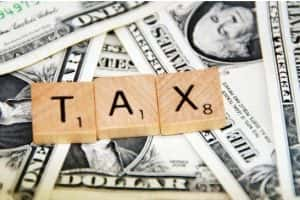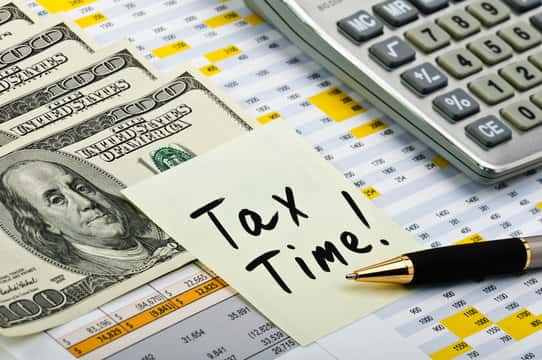As a self-employed worker, you must pay your estimated income tax payments on time because if you’re late, you will pay penalties. And if you overpay your estimated income tax payments taxes, the IRS won’t charge you, but you’ll effectively penalize yourself.

For the 2023 tax year, estimated income tax payments are due on the following dates
1. April 18, 2023 (the same date as the tax-filing deadline this year)
2. June 15, 2023
3. September 15, 2023
4. January 15, 2024
Another hardest thing about being self-employed is that you’re responsible for paying your estimated income tax payments every quarter. Self-employed workers won’t have those taxes deducted automatically from their paychecks as salaried workers do.
Self-employed workers must pay their estimated income tax payments on time to avoid penalties, and if you overpay those taxes, the IRS won’t charge you, but you’ll effectively penalize yourself.
Read Also: Internal Revenue Service: There Is Still A $1.5 Billion IRS Tax Rebate Unclaimed
Do you want to get your estimated income tax payments right?
IRS refers to the quarterly tax payments self-employed workers make as estimated income tax payments. Until the self-employed sees the entire income picture for the year.
Self-employed might face a penalty for underpaying their estimated taxes during the year. The underpaying penalties will depend on how much underpayment they are looking at.
If self-employed make high estimated income tax payments, the IRS won’t penalize them for sending extra money. But they hurt themselves by sending that money to the IRS rather than hanging onto it to pay their bills.
Read Also: IRS Issues Instructions On IRA Adaptability And Direct Pay




